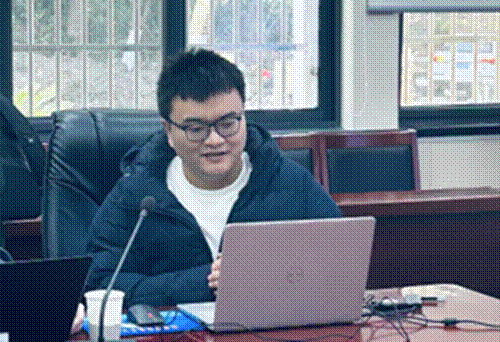A delegation from the Academic Degrees and Graduate Education Development Center (CDGDC) of the Ministry of Education visited Wuhan University (WHU) on January 15th, 2025, to advance collaborative research on the Academic Thesis Evaluation Large Model.
Led by Yanwei Qi, CDGDC Deputy Director, and Hengjin Li, Director of the Thesis Evaluation Division, the team engaged in substantive discussions with WHU representatives including Vice President Wei Lu, Xiaoguang Wang (Dean, School of Information Management), Jing Hu (Associate Dean, Graduate School), and Yong Huang (Associate Professor, School of Information Management, core project member). Ping Wang, Associate Dean of the School of Information Management, chaired the meeting.
During the meeting, both parties engaged in a lively discussion on the key issues encountered in the development and application of the large-scale model for thesis evaluation. The meeting clarified the primary research challenges, established a collaborative mechanism, and laid a solid foundation for the smooth progression of subsequent research work.
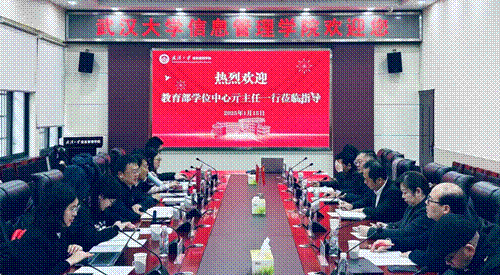
On behalf of Wuhan University, Wei Lu extended a warm welcome to the visiting delegation from the CDGDC of the Ministry of Education for their inspection and guidance, while expressing heartfelt gratitude for CDGDC's long-standing support. He emphasized that Wuhan University attaches great importance to scientific and technological innovation, coordinates the integrated development of education, technology, and talent cultivation, advances its digital-intelligence education strategy, and actively explores reforms in intelligent evaluation systems. Following the signing of the strategic cooperation agreement with CDGDC last year, President Pingwen Zhang personally issued directives requiring the mobilization of the university’s top resources to fully advance the implementation of collaborative projects. Through the dedicated efforts of the project team from the School of Information Management, significant progress has been made in original evaluation theories and core technologies driven by large-scale models. Wei Lu affirmed that Wuhan University will continue to work under the guidance of the strategic cooperation agreement and CDGDC’s expertise, pooling resources to propel related research endeavors and make new contributions to empowering scientific innovation and enhancing the quality of talent development.
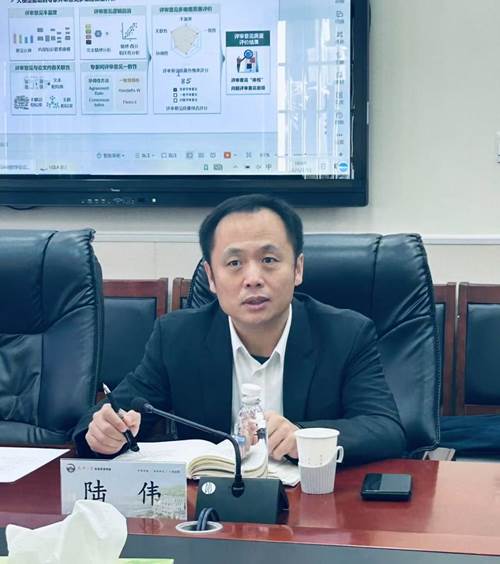
Yanwei Qi expressed gratitude to Wuhan University for its support to the CDGDC and affirmed the project team’s substantial achievements in preliminary work. He noted that the current period marks a critical phase for the reform and development of graduate education. The official promulgation of the Degree Law and the release of doctoral development guidelines have charted new directions for doctoral education. Since the signing of the strategic cooperation agreement, Wuhan University has integrated research capabilities and computational resources, achieving significant progress in the project. He emphasized that under the digital-intelligence trend, enhancing the precision and scientific rigor of thesis evaluation is an urgent priority. He proposed collaborative exploration with Wuhan University into intelligent evaluation systems driven by advanced technologies to improve review efficiency and thesis assessment quality. Yanwei Qi stressed the need to strengthen cooperation, establish effective mechanisms, and assemble high-performing teams to ensure critical milestones are reached by 2025. He pledged that the CDGDC would provide comprehensive support to facilitate resource sharing and complementary advantages, jointly advancing the project’s implementation. Furthermore, he highlighted plans to progressively apply research outcomes to practice, driving reforms in academic evaluation, promoting higher education development, and ultimately elevating the quality of talent cultivation.
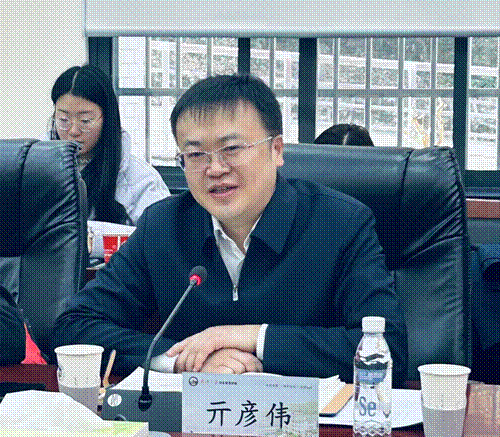
On behalf of the Thesis Evaluation Division of the CDGDC, Hengjin Li presented an overview of thesis quality monitoring practices and research objectives. Starting with an analysis of the center’s comprehensive thesis monitoring services and current quality assessment landscape, he proposed a framework for intelligent transformation of thesis evaluation systems. He stated that refined, high-standard quality monitoring services could facilitate categorized development of graduate education. Additionally, he expressed hope that Wuhan University would provide actionable recommendations to advance the digital-intelligent transformation of thesis evaluation processes.
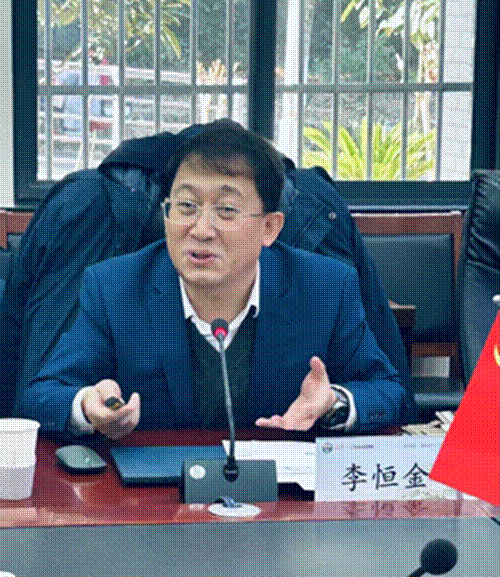
On behalf of the Graduate School of Wuhan University, Jing Hu expressed gratitude to the CDGDC for its support in risk assessment and data provision, with special acknowledgment for the current collaborative opportunity. She underscored that the Graduate School will spare no effort to coordinate with all stakeholders, proactively pilot and scale project outcomes, and ensure the smooth implementation of cooperative initiatives. She affirmed confidence that this collaboration will not only strengthen thesis quality monitoring mechanisms but also lay a solid foundation for deeper, multidimensional cooperation between both parties in the future.
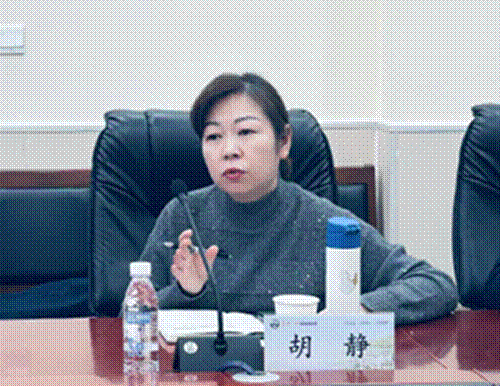
On behalf of the School of Information Management at Wuhan University, Xiaoguang Wang delivered a comprehensive overview of the school's profile. He highlighted that amidst the rapid advancement of artificial intelligence and digital education, the school has proactively aligned with emerging trends by implementing strategic reforms. Through deeply leveraging disciplinary strengths and integrating academic programs with cutting-edge digital technologies, the school has injected new dynamism into its developmental trajectory. Xiaoguang Wang emphasized the school's commitment to providing enhanced support for critical research initiatives such as large-scale thesis evaluation models, ensuring sustained progress in these groundbreaking projects.
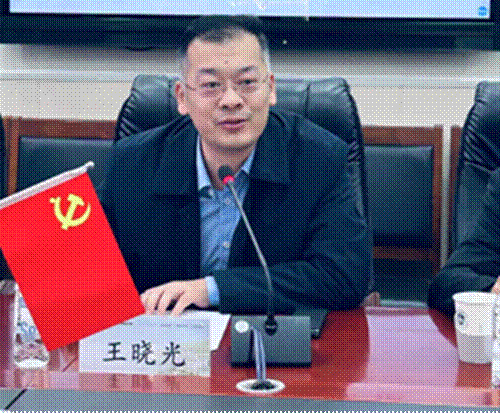
Yong Huang, representing Wuhan University's project team, first presented updates on the latest advancements in academic paper originality assessment research, followed by a detailed exposition of the technical roadmap, core research challenges, and application scenarios for developing large-scale thesis evaluation models. Through in-depth discussions, the meeting crystallized strategic collaboration entry points and operational mechanisms to propel the partnership forward.
